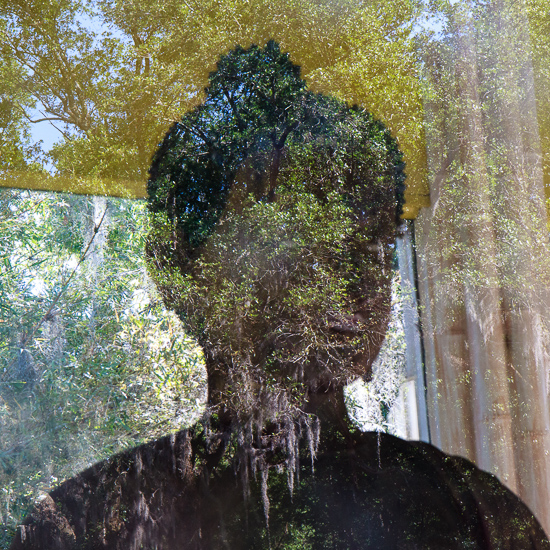We didn’t know what to do—your rocket energy sending Thai monks into fits, as they chased you through the Chicago temple, hands hiking robes like dresses, flip flops slapping callused heels. Your trouble made us roll our eyes and turn our back when you wanted nothing more than to pal around with us. You were a boy after all. So were we. But boys are cruel with neglect, crueler than the violence our hands are capable of.
II.
We said cruel things, too. In our secret circle. In the temple library, where dust coated books about suffering, where furniture went to rot in the damp back room. Someone said, he smells like barf. Someone said, Thai white trash. I said, No wonder his parents dumped him. How could we know you hid behind a shelf of Buddhist books, patting a stray cat that made a nest in the hollow of a cabinet? How could we know what was to follow? If we did, would we have stopped our tongues?
III.
He’s lonely, your grandmother told us. She sold curry-fried chicken and sticky rice on Sundays, like food carts in Thailand. After Buddhism class, we handed her crisp bills for sustenance. Play with him, she said, flipping drumsticks over on the grill, her hair kept under a shower cap. Free food, she said.
We were working class boys. Free was free.
IV.
But your play was different. Watch, you said and launched a rock through a temple window. Watch, you said and trampled through the monks’ vegetable garden, tomatoes staining your Converse. The monks would come then, your name a battle cry from exasperated mouths. What vows might they have broken if they caught you? You were, I’m sure, the thought that stirred them out of meditative moments.
We won’t lie. It was funny: robed men in a mad dash after a sliver of a boy bounding bushes and Benzes. But your laughter—how can we forget that cackle that scattered crows?
V.
Once, you showed us a kitten, a ball of grey in your dark hands. We circled you. We cooed. We tried to touch it, but you yanked it away, held it to your chest. It misses its mother, you said and delivered it back to its litter.
VI.
Our parents said you hung yourself. This was years later when we got married and we had children and we lived in other parts of the world. We weren’t surprised. We nodded. But I bet we thought about our cruelty and shrunk into ourselves.
I can’t shake this image though: the time you stole holy water and dumped it over your head, the dripping glee on your face, your grin a half moon, your teeth blinding white. I remember that, my head hanging low, wishing forgiveness in the form of rain.
—
Ira Sukrungruang is the author of the memoir Talk Thai: the Adventures of Buddhist Boy and the poetry collection In Thailand It Is Night. When he isn’t in his office at The University of South Florida, you can find him floating on his back along the Hillsborough River, among the alligators and water moccasins, his Floridian friends. If you want to know more about him, check out his website.


7 comments
Anittah says:
Oct 17, 2013
This. Yes.
Susan Newark says:
Oct 23, 2013
This is absolutely gorgeous…great detail and strong sense of poignant reminiscence. I feel I should thank you for the pleasure.
Ira says:
Oct 26, 2013
Thanks so much for the kind words!
Ester says:
Nov 8, 2013
I can’t even explain how this made me feel. So much. It made me feel so much. Wonderful job.
Brian Bates says:
Nov 12, 2013
This is beautiful….I felt like I was the one apologizing. So well done. My favorite piece in the issue, and there are a plenty of fantastic pieces, but I didn’t come back to reread others like this one.
Dave says:
Sep 6, 2014
Wonderful piece.
Southside Sukrungruang Selebration | BREVITY's Nonfiction Blog says:
Jul 23, 2015
[…] essays previously published in Brevity appear in the book: “Chop Suey” and “The Cruelty We Delivered: An Apology.” We would have been happy for Ira in any case, but the appearance of these two […]